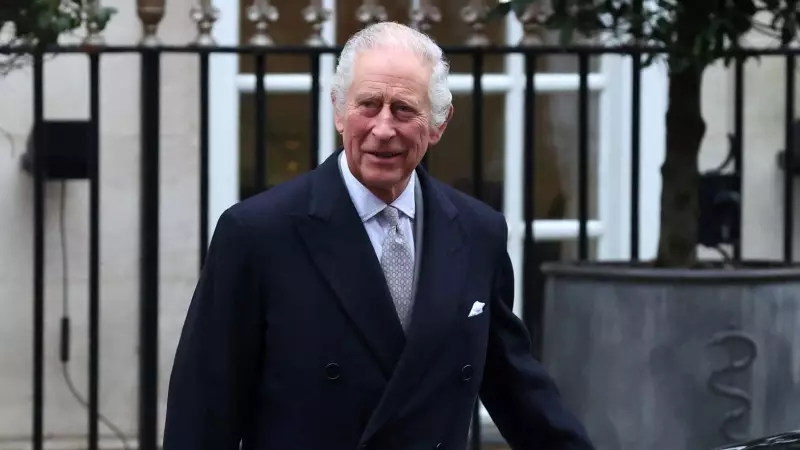
In a rare public display of dissent against the monarchy, King Charles III faced direct confrontation from citizens during his visit to the Channel Islands, where protesters loudly demanded action regarding his brother Prince Andrew's controversial association with convicted sex offender Jeffrey Epstein.
Royal Visit Overshadowed by Family Controversy
The incident occurred as the monarch was engaging with well-wishers on the island of Jersey, part of his first official visit to the self-governing British Crown dependencies since ascending the throne. The peaceful royal engagement was abruptly interrupted when several individuals began shouting questions about the Duke of York's whereabouts and demanding justice for Epstein's victims.
Mounting Public Pressure on the Monarchy
This public heckling represents growing frustration among British citizens regarding the royal family's handling of the Andrew-Epstein connection. Prince Andrew settled a civil sexual assault case earlier this year with Virginia Giuffre, who accused him of assault when she was 17, though he denied the allegations.
The confrontation highlights several key issues:
- Increasing public willingness to directly challenge the monarchy
- Ongoing damage to the royal family's reputation from the Epstein association
- King Charles's challenge in modernizing the monarchy while dealing with family scandals
- The persistent shadow cast by Prince Andrew's removal from royal duties
Broader Implications for the Royal Family
This incident occurs at a delicate time for King Charles, who has been working to establish his own leadership style while navigating multiple family crises. The public confrontation suggests that despite Prince Andrew's official removal from royal responsibilities, the Epstein connection continues to haunt the monarchy's public engagements.
Royal commentators note that such direct public challenges were relatively rare during Queen Elizabeth II's reign but appear to be becoming more frequent under the new monarch's leadership.
The Channel Islands visit, intended to strengthen ties with Crown dependencies, instead became another platform for public discontent with the institution's handling of sensitive family matters, indicating that the Andrew controversy remains very much alive in the public consciousness.





